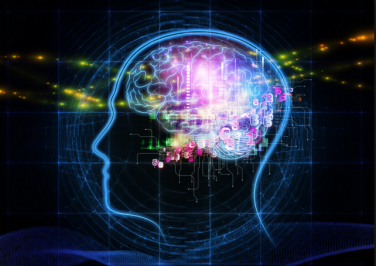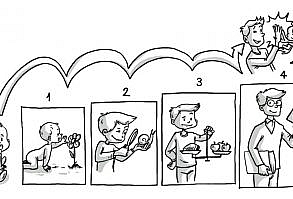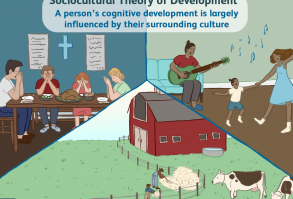To define learning, a set of principles or assumptions were put forward with regard to the nature of learning and how it takes place. These assumptions were later examined through systematic investigations to the arising questions pertaining to learning. The results of the investigations formed the basics of hypotheses which required further research to test the validity and reliability of the ideas whether they are proved in different contexts with a rich body of participants. This process paved the way for early learning theories which brought about a way of thinking and approach to undertand the changes in performance.
Psychologists, thus, proposed some theories from their perspectives. While behaviorists posit that learning is a form of observable actions, cognitivists argue that learning is a set of cognitive processes inside the brain. Social psychologists, by contrast, believe that learning is a social activitiy with the nearby environment. These theories are considered as the pieces of puzzle. Each focuses on different sides of learning and thus provide new affordances. Psychologists came up with the new theories by considering the dark sides of the previous ones. It is, therefore, unexpected to assume that learning takes place as a result of observable behaviors while highlighting the merits of social interactions.
Despite a number of learning theories by different psychologies, they unanimously consider learning “as a persisting change in human performance or perfomance potential” (Driscoll, 1994, p.9). This implies that individuals have inborn capabilities which do not emerge unless they are thought to use this potential. Changes in performance, additionally arise by means of individuals’ experience and interaction with environment.
A learning theory, therefore, proposes guidelines and principles with regard to the changes in performance. A learning theory also sets forth explanations on the process of learning and attributes that trigger the process.
Reference
Driscoll, M. P. (1994). Psychology of learning for instruction. Allyn & Bacon.





